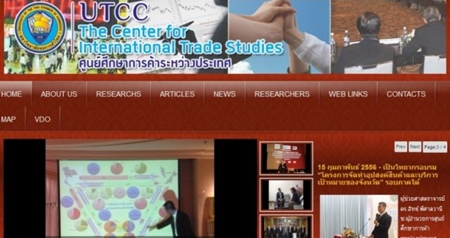BANGKOK, March 12 – The Bank of Thailand’s Monetary Policy Committee (MPC) on Wednesday cut its benchmark interest rate by 0.25 per cent to 2 per cent annually as widely anticipated by the market in a bid to boost lacklustre spending amid prolonged political quagmire.
The MPC meeting voted 4-3 to cut the policy interest rate with immediate effect, reasoning that “downside risks to growth have risen in the wake of prolonged political situation. Core inflation has edged up, but remains subdued. Monetary policy has some scope to ease, in order to lend more support to the economy and ensure continuous financial accommodation.”

The growth of the Thai economy slowed through the final quarter of 2013 and through January 2014 from domestic demand amid lower private confidence.
Tourism has felt more impact from the ongoing political situation, the MPC said in its statement.
“Prolonged political uncertainties would continue to impede the recovery of private consumption and investment. Nonetheless, exports of goods should gradually improve on the back of a recovery in major economies, providing impetus to growth this year,” it said.
Three members voted to maintain the policy rate at 2.25 per cent annually. They viewed that current monetary policy stance remains accommodative.
The Bank of Thailand’s MPC secretary Paiboon Kittisrikangwan told a news conference that the decision was based on the assumption that this year’s GDP will grow less than 3 per cent with the state investment budget at one fourths of the total budget excluding the government’s Bt2 trillion borrowing bill and Bt350 billion water management project.
Although the Constitution Court ruled that the Bt2 trillion borrowing bill for infrastructure development projects is unconstitutional, that will not affect the central bank’s latest economic growth forecast scheduled for March 21.
Mr Paiboon stated that the MPC’s decision was aimed at propping up confidence and stimulating public spending.




